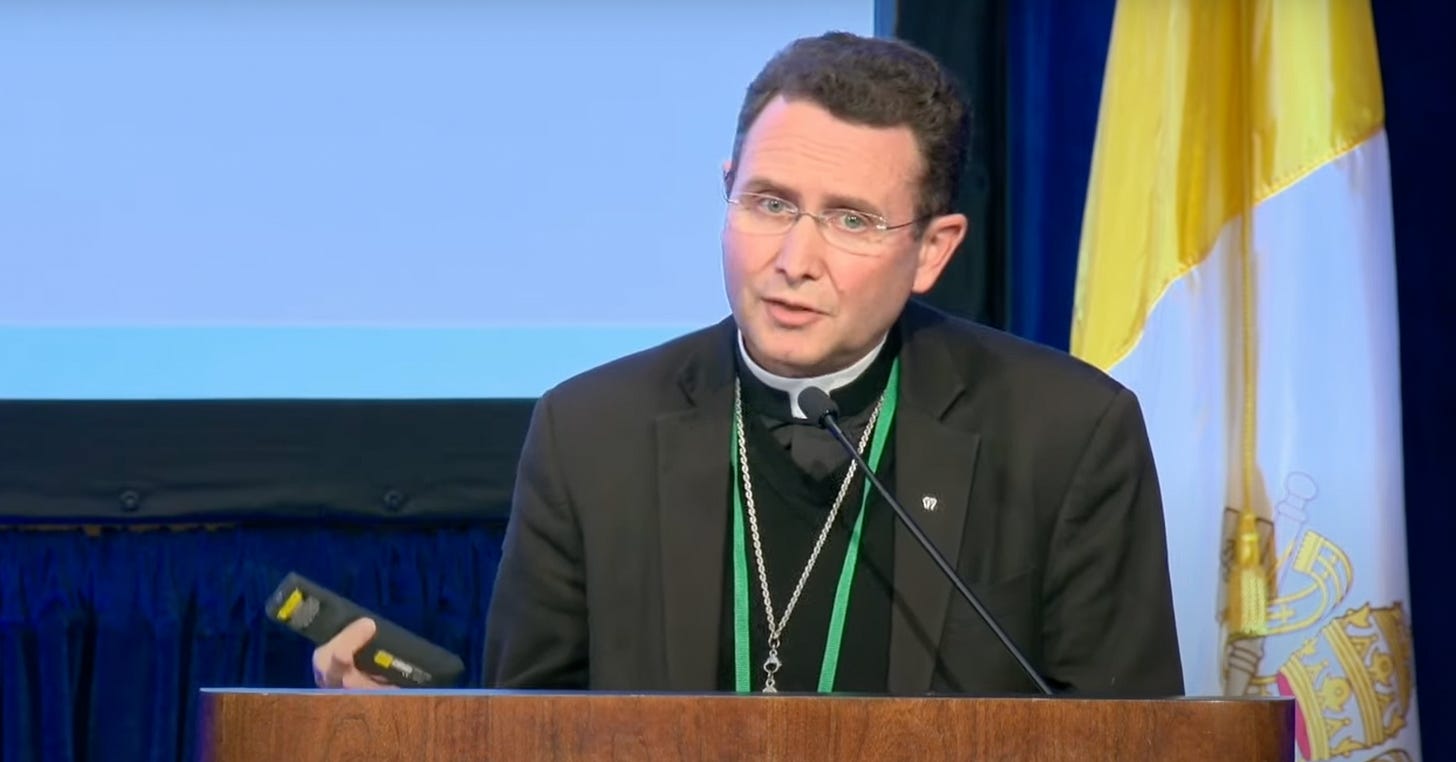Eucharistic Congress scales back numbers, confident on finances
Organizers prepare for the first U.S. national Eucharistic Congress in decades
Organizers of the upcoming Eucharistic Congress say they are on track to sell more than 50,000 tickets for the July event, and that ticket sales and fundraising are expected to cover the event’s costs.

While the number of ex…
